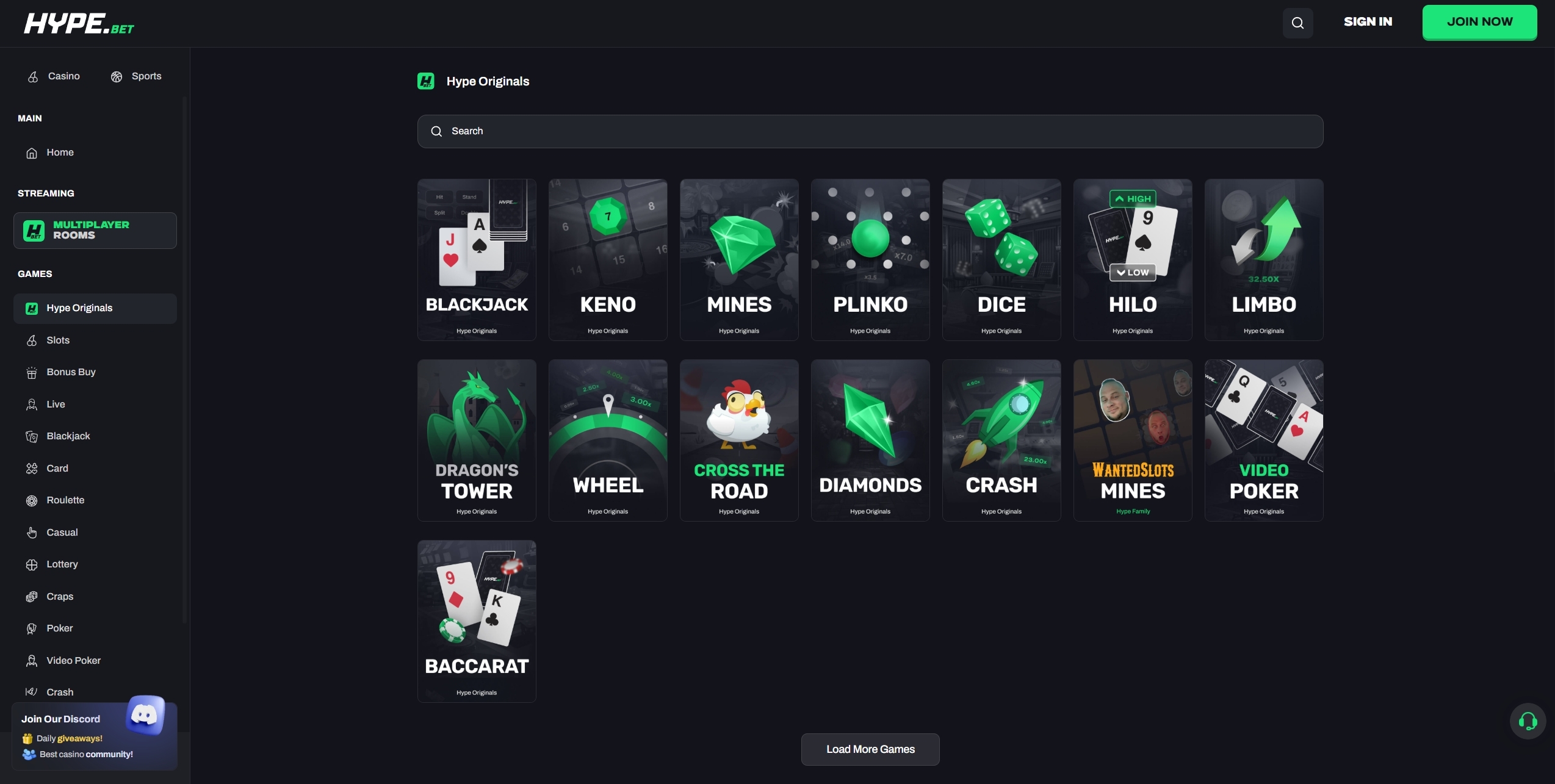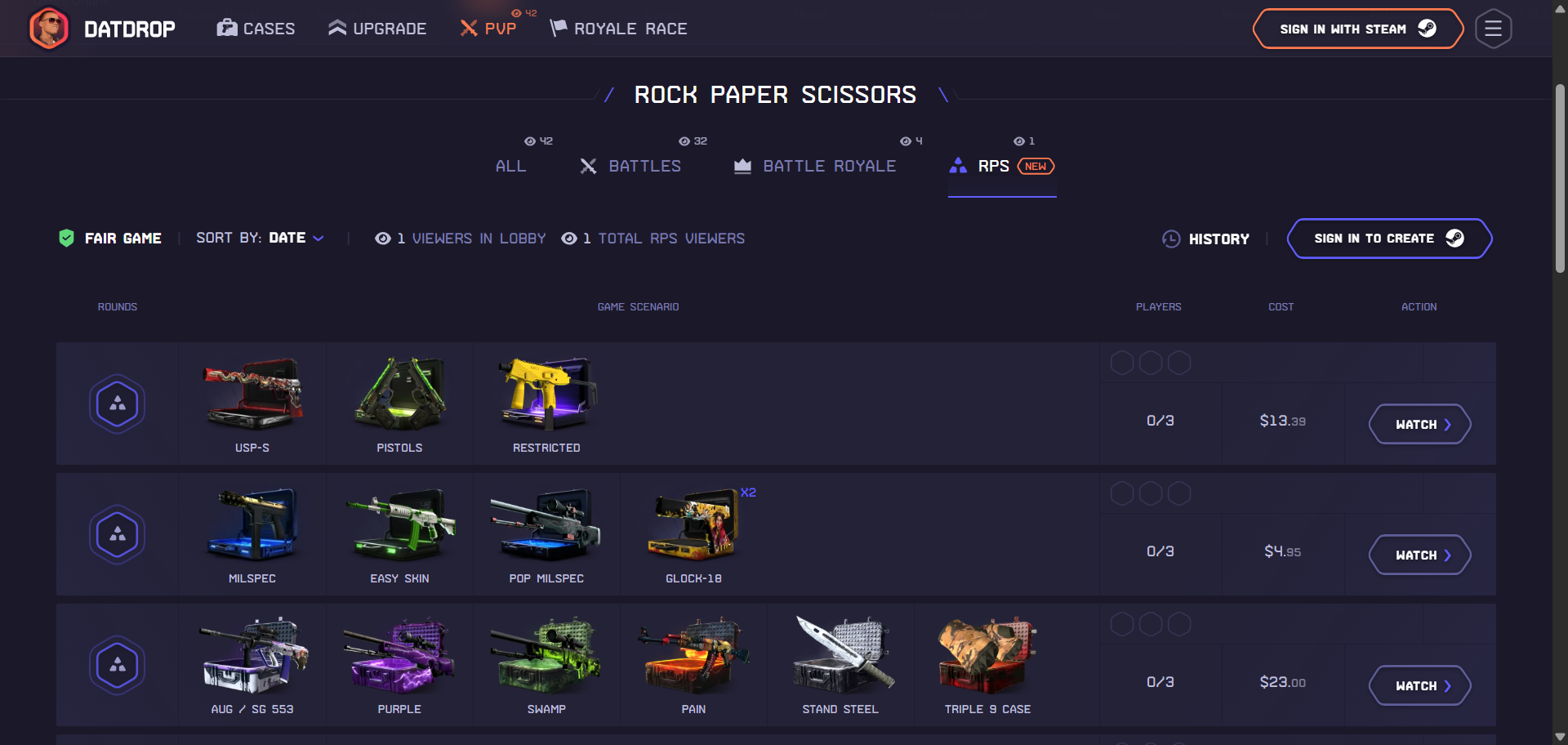Regular Online Casinos vs. Crypto Casinos: What's the Difference?

The online gambling landscape is constantly evolving, For years, the landscape was dominated by traditional online casinos, operating with familiar currencies and payment methods. Today, a new contender has emerged: the crypto casino, leveraging the power of blockchain technology to offer a radically different user experience.
Both platforms promise excitement and a vast library of games, but they operate on fundamentally different principles. Choosing between them isn't just about how you want to pay; it's about what you value in terms of privacy, speed, security, and regulation. This guide will break down the essential differences to help you make an informed decision on which digital playground is the right fit for you.
The Establishment: Understanding Traditional Online Casinos
Traditional, or "fiat," online casinos are the platforms most people are familiar with. They are the bedrock of the industry, built on established financial systems and robust regulatory oversight.
Currency & Payments: The Comfort of Familiarity
These casinos operate exclusively in fiat currencies, such as the British Pound (£), Euro (€), or US Dollar ($). You deposit and withdraw funds using methods you use every day:
Debit Cards (Visa, Mastercard)
E-wallets (PayPal, Skrill, Neteller)
Bank Transfers
The process is straightforward and comfortable for anyone accustomed to standard online transactions.
Regulation & Trust: The UKGC Shield
For players in the UK, the single most significant feature of a traditional online casino is its licence from the UK Gambling Commission (UKGC). This isn't just a rubber stamp; it's a comprehensive seal of approval that guarantees:
Player Protection: Your funds are kept in separate, protected accounts.
Fair Play: All games are independently audited to ensure their outcomes are genuinely random.
Responsible Gambling: The casino must provide tools for setting limits, self-exclusion (including linking to GAMSTOP), and reality checks.
Identity Verification (KYC): While it requires submitting personal documents, the "Know Your Customer" process is a security measure designed to prevent fraud, money laundering, and underage gambling.
The Challenger: The Rise of Crypto Casinos
Crypto casinos represent the cutting edge of gambling technology. They bypass traditional banking infrastructure entirely, conducting transactions on the blockchain for a faster, more private experience.
Currency & Payments: The Digital Frontier
These platforms operate using cryptocurrencies. Bitcoin (BTC) and Ethereum (ETH) are the most common, but many accept a wide range of altcoins. To play, you need a separate crypto wallet to send and receive funds directly, peer-to-peer.
Anonymity and Speed
This is a primary draw for many players. Because transactions don't pass through a central bank, they can be significantly faster. Withdrawals that might take 3-5 business days at a traditional casino can often be processed in under an hour at a crypto casino. Furthermore, the sign-up process is often minimal, sometimes requiring only an email address, offering a level of privacy not possible on UKGC-licensed sites.
A New Kind of Trust: 'Provably Fair' Gaming
Many crypto casinos use a unique technology called a "provably fair" algorithm. In simple terms, this is a cryptographic method that allows you to independently verify the outcome of every spin or hand. It provides mathematical proof that the game was random and that neither the player nor the casino could have manipulated the result. It's a system built on technological transparency rather than regulatory trust.
Explore Other Blog Posts
Featured Reviews

Hype
Launched in January 2025, Hype.Bet Casino has quickly become a standout in the online crypto casino and sportsbook market.
Gamemodes
Payments
Bonus
100% up to $500 on deposits starting at $20
Code
LUCKI

Rain
Our favourite case battles website. Rain.GG is a promising new CS:GO gambling site that gets a lot of things right. With its excellent game variety, user-friendly design, and generous bonuses.
Gamemodes
Payments
Bonus
5% Deposit Bonus, Daily, Weekly and Monthly cases
Code
LUCKIGG

Datdrop
Explore Datdrop, the original and trusted case opening site. With exciting game modes like Battle Royale and a 5% deposit bonus with code LUCKIGG.
Gamemodes
Payments
Bonus
5% deposit bonus
Code
LUCKI
